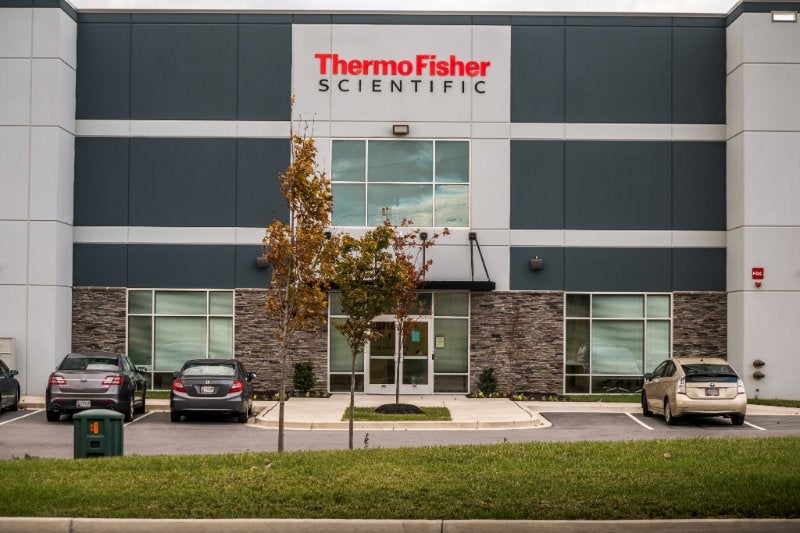
Japanese regulatory agency Ministry of Health, Labour and Welfare (MHLW) has approved Thermo Fisher Scientific’s Oncomine Dx Target Test as a companion diagnostic (CDx) with a lung cancer medication.
The Oncomine test was granted approval as a next-generation sequencing (NGS)-based CDx for patients suffering from RET-fusion positive non-small-cell lung cancer (NSCLC) who can be treated with Eli Lilly and Company’s selpercatinib (formerly known as LOXO-292).

Discover B2B Marketing That Performs
Combine business intelligence and editorial excellence to reach engaged professionals across 36 leading media platforms.
The move comes a year after MHLW granted orphan drug designation to selpercatinib.
Thermo Fisher Scientific Japan vice-president and general manager Hiroo Murota said: “This approval will help patients suffering from NSCLC whose tumours are positive for fusions in the RET receptor, providing access to new, potentially more effective treatments.
“We will continue to advance precision medicine by expanding our companion diagnostic tests that identify biomarkers associated with targeted therapies.”
The Oncomine Dx Target Test is developed to identify different specific genetic changes in tumours found in patients with non-small cell lung cancer. The lab test also helps in determining if certain medications can help in treating cancerous growth.

US Tariffs are shifting - will you react or anticipate?
Don’t let policy changes catch you off guard. Stay proactive with real-time data and expert analysis.
By GlobalDataThermo Fisher currently offers the NGS-based CDx solution in more than 15 countries. In Japan, the test now has approvals for five biomarkers with a total of ten associated targeted therapies for NSCLC patients.
Headquartered in Massachusetts, US, Thermo Fisher Scientific focuses on supporting life sciences research, enhancing patient diagnostics and therapies among others.
Recently, the company’s clinical sequencing unit partnered with AstraZeneca to create NGS-based companion diagnostics.





